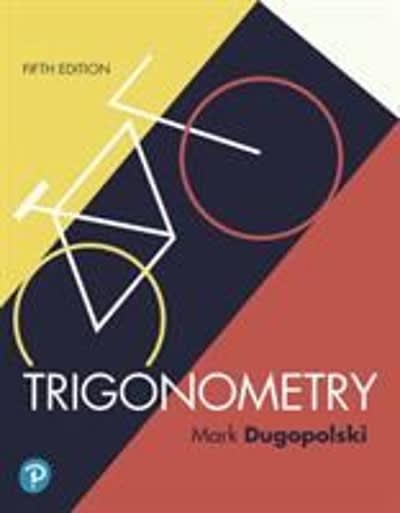Question
You are interested in the emergence of substances which are not yet regulated or illegal, but cause significant intoxication or an altered state of mind.
You are interested in the emergence of substances which are not yet regulated or illegal, but cause significant intoxication or an altered state of mind. You are one of the first researchers to examine saliva divinorum use by teenagers. In this ___87___ study, your team of researchers observe the number of teenagers who visit six "head shops" recently featured in High Times magazine as having the widest selection of saliva products in LA county. You plan to count the number of teenagers visiting such shops and record the amount of time each teen is inside to assess the scope of saliva use in a small geographical area believed to have high rates of use. In order to conduct this ___88___, you train a team of research assistants to identify potential subjects into the ___89___ categories of pre-teen (aged 10-12), early teen (13-15), middle teen (16-17), and late teen (18-19). Next, you send a team of two reach assistants, Each of whom separately record subjects' age, to each of the head shops to achieve ___90___ in assessing age. To simplify your IRB compliance, you decide to pursue your study further using only a sample of late teen (18-19 year old) subjects, because younger teens are ___91___. After two weeks of observation, you identify two stores with the highest numbers of customers who appear to be in the late teenage years. You then send researchers to strike up casual conversations with the potential subjects in these two stores. After an initial conversation about saliva, the research assistants tell the potential subjects about the study and obtain ___92___. Researchers next ask the subjects their age and ask them to identify their friends who might also be willing to talk about their saliva experiences. This is called ___93___. You provide subjects with their choice of an incentive valued at $10: a gift card or a box of cigarettes. You collect subject names to match with subsequent interviews at a later time, and you keep the names in a secure office. The Institutional Review Board (IRB)/ethics board is most concerned because ___94___.
87.
a) descriptive research
b) exploratory research
c) evaluation research
d) explanatory research
88.
a) participant-observation research
b) survey study
c) field research
d) case study
89.
a) interval
b) ordinal
c) nominal
d) ratio
90.
a) the test-retest reliability
b) inter-rater reliability
c) the split-half method
d) face validity
91.
a) a more difficult group with which to establish rapport
b) prohibited by law from using saliva
c) a "special population"
d) unable to give consent without parental approval
92.
a) a completed survey for analysis
b) a urine sample to measure frequency of saliva use
c) a certificate of confidentiality
d) informed consent
93.
a) convenience sampling
b) snowball sampling
c) random sampling
d) purposive sampling
94.
a) this is a "special population"
b) this violates the principle of "do not harm"
c) anonymity is not maintained
d) you do not fully inform subjects of the potential health dangers of saliva
Step by Step Solution
There are 3 Steps involved in it
Step: 1

Get Instant Access to Expert-Tailored Solutions
See step-by-step solutions with expert insights and AI powered tools for academic success
Step: 2

Step: 3

Ace Your Homework with AI
Get the answers you need in no time with our AI-driven, step-by-step assistance
Get Started


